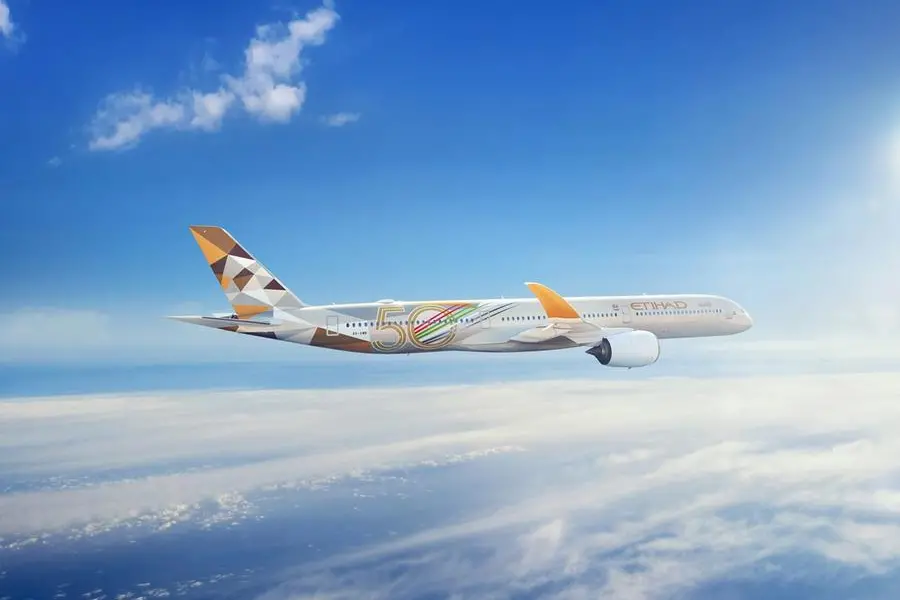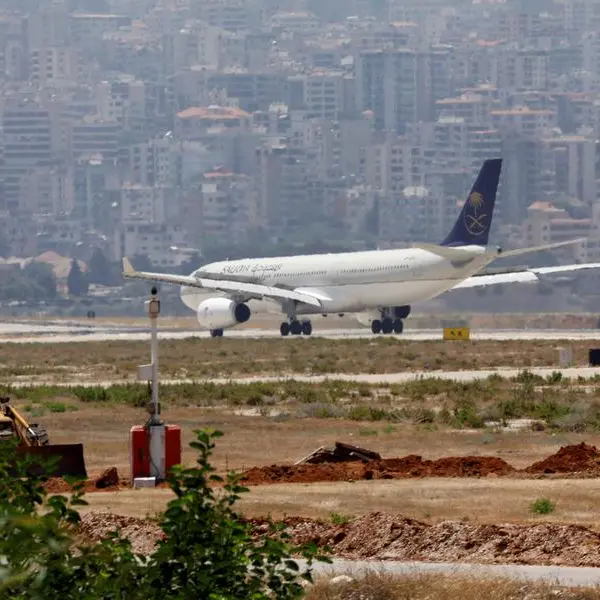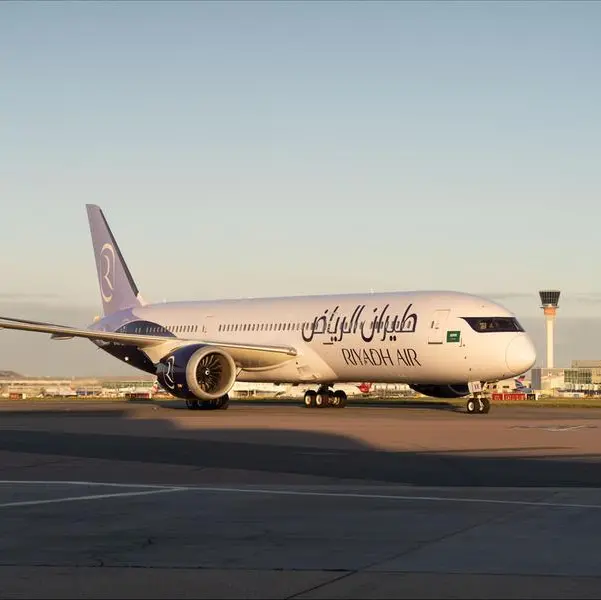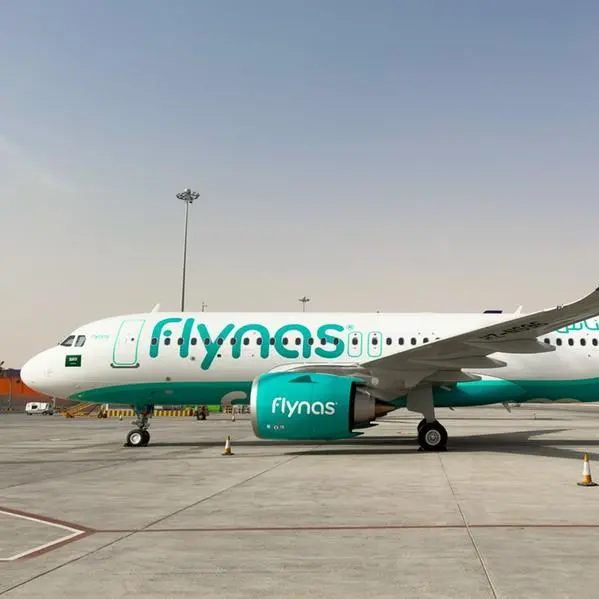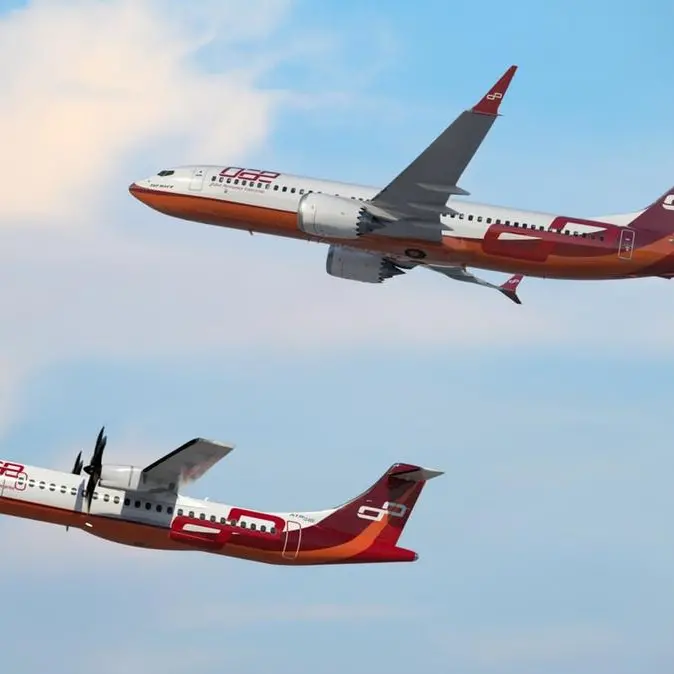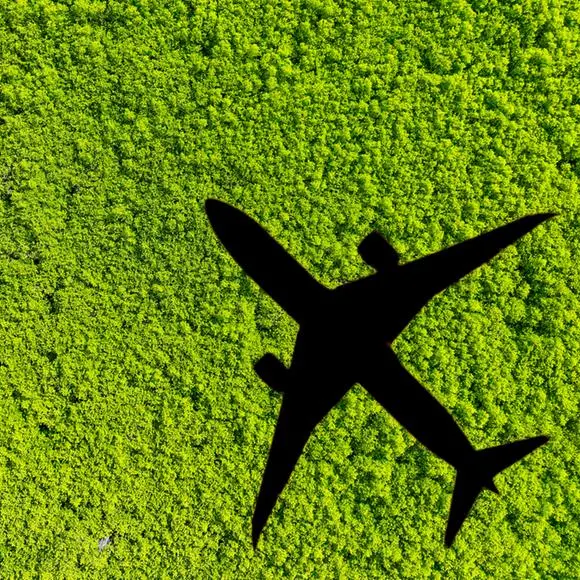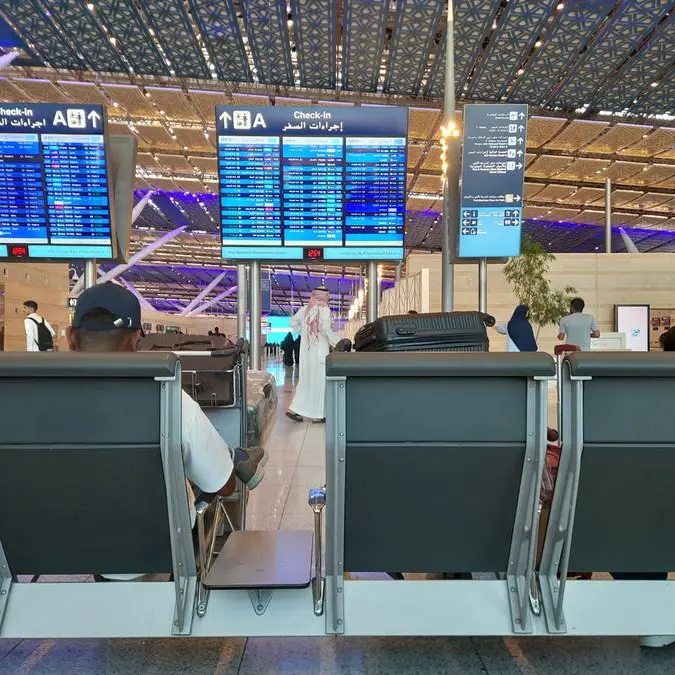PHOTO
ABU DHABI - Etihad Airways, the national airline of the UAE, in its annual sustainability report, detailed the company's commitment to sustainability and its progress towards its sustainability goals.
In 2022, the airline achieved an impressive 26 percent reduction in CO2 emissions per Revenue Tonne Kilometre (RTK) to 482 grams compared to 2019 baseline.
Etihad's sustainability strategy is based on principles of achieving emissions reductions through in-sector measures, aligning with industry voluntary roadmaps and frameworks, collaborating with UAE industrial ecosystems, remaining transparent and proactive about sustainability issues, and continually developing a strategic roadmap for targets.
Antonoaldo Neves, Chief Executive Officer, Etihad Aviation Group, said, "As we look to the future, we remain steadfast in our commitment to reducing our environmental impact and ensuring the sustainability of our operations. Our sustainability strategy is built on a foundation of collaboration, transparency, and innovation, and we will continue to work with our partners, industry peers, and government agencies to drive positive change and lead the way towards a greener future for aviation."
Etihad's sustainability highlights also included signing the Neste Airline Collaboration Agreement to facilitate cooperation between corporate organizations looking to offset their Scope 3 emissions using SAF credits.
Etihad was the first foreign airline to receive SAF supply in Japan, in partnership with ITOCHU Corporation and Neste MY Sustainable Fuel. The flight, operated in Q4 of 2022, was the first delivery of c.50,000USG of Neste produced fuel, reducing approximately 75 tCO2 at a 39.66 percent blend.
The airline signed an Memorandum of Understanding with World Energy, establishing a long-term strategic partnership to decarbonise flights through in-sector emissions reductions.
Etihad, in partnership with World Energy, operated the first net-zero flight powered entirely by Sustainable Aviation Fuel (SAF) Book & Claim offsetting CO2 emissions of 216 metric tonnes through sustainable aviation fuel credits.
Etihad airlines also planted 68,916 Mangrove trees as part of Etihad Mangroves Forest project.
